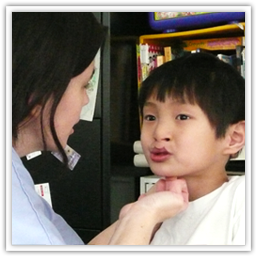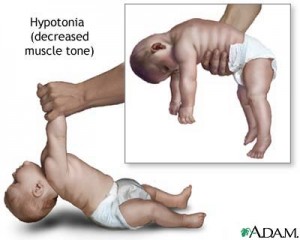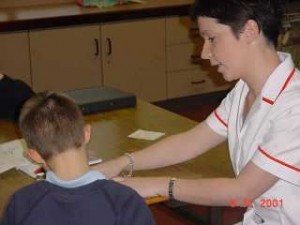Down syndrome (DS) is an incurable genetic disorder that has a profound impact upon a person’s physical, mental, and social development. Children with DS have anatomical and physiological differences in the mouth and throat region that affect feeding, swallowing, and oral motor skills. They also often have hypotonia, or poor muscle tone in the mouth area. The symptoms of Down syndrome, such as speech and language difficulties range from mild to severe from patient to patient.
Finding Legal Help
Legal IssuesWhy Hire an Attorney?
When your child is diagnosed with a speech disorder, your first concern is finding a speech-language pathologist (SLP) who can help your child. If your child will receive special education services through the school, you might also need to look for an attorney. An attorney can help guide you through the Individualized Education Program (IEP) process, attend the IEP meeting with you, and help you resolve any disputes. If you must file a complaint or request due process, an attorney can increase your chances of success.
Internet Resources for Speech Therapy
Speech Therapy TechniquesChildren often become more engaged in a learning activity when electronics are involved. There are lots of great apps and computer programs for speech therapy. You can also use the vast resources of the Internet to help encourage your child’s progress in speech therapy. Ask your child’s speech-language pathologist (SLP) for specific websites that she might recommend. Many websites offer games for children that are intended to build vocabulary and other important language skills. Some websites offer printable activities and flashcards that are geared toward specific sound vocalization and other speech and language skills. It’s recommended that you actively work with your child to explore Internet resources.
Coping with Hypotonia
Language DevelopmentWhat Is It?
Hypotonia is a condition in which the patient has poor or decreased muscle tone. This is not the same as muscle weakness; however, patients with hypotonia often do have weaker muscles. With hypotonia, the brain fails to transmit the proper electrical signals to the muscles that tell them to contract. Hypotonia may be present in varying degrees of severity. It can be caused by a wide range of diseases and conditions, including muscular dystrophy, cerebral palsy, Down syndrome, trauma, and genetic disorders.
Understanding Dentalized Lisps
Pronunciation & Lisps Speech DisordersA dentalized lisp is similar to a frontal or interdental lisp. With a frontal lisp, the child protrudes the tongue through the front teeth when pronouncing the “s” and “z” sounds. Children with a dentalized lisp push the tongue up against the front teeth, rather than through the front teeth. A dentalized lisp may arise during typical speech development. Some children with a dentalized lisp “grow out of it” by the time they are about four years old. However, it’s always best to bring your child to a speech-language pathologist (SLP), even if you think he might grow out of his articulation difficulty.





